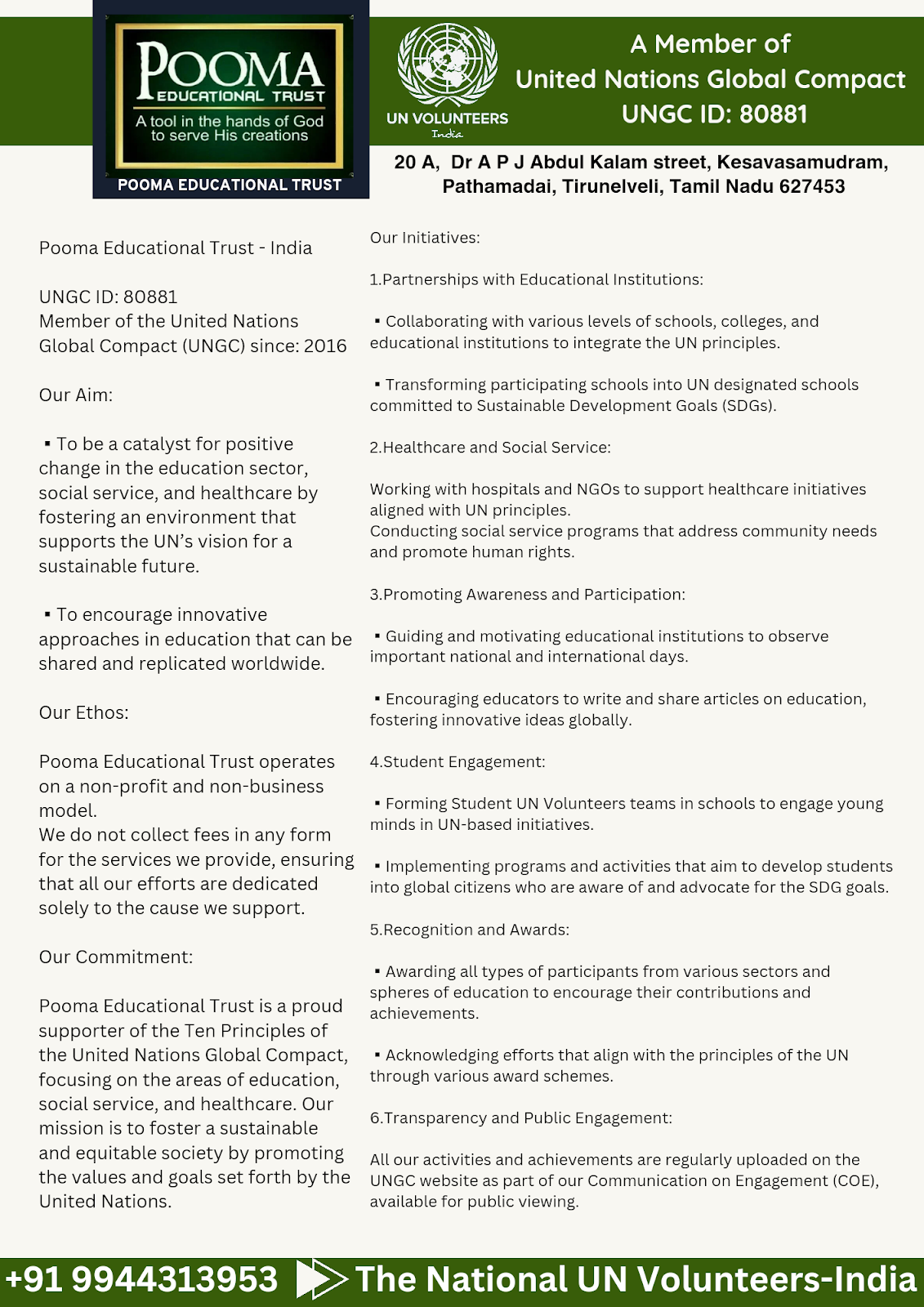Self regulation
Self - regulation
Self-regulation support strategies that help you set goals, manage your time, and monitor your learning, are also crucial for effective study.
Of course, intelligence, personality attributes, beliefs and attitudes, are not the only factors important in academic success. The strategies that students use are critical to their success. These strategies are not only the obvious study skills for reading and note-taking, practicing and memorizing,but also a category of strategies we might term 'support' strategies. These include strategies aimed at setting goals, managing time and effort, and monitoring your performance and progress. In study, these come under the concept of self-regulation, which is related to the more general concept of metamemory.
Self-regulation is crucial to successful study. Self-regulation isn't simply about 'self-control', although that's one aspect of it. Self-regulation skills include manipulating your environment, your emotions and attitudes, and your social interactions.
Regulating your study time and effort
1. Knowing how well or how poorly you know something is critical to effectively allocating your study time and effort.
2. The more difficult the material being learned, the worse we tend to be at estimating how well we know it.
3. Various learning strategies improve our awareness of how well we know something.
4. Learner attributes are also important, particularly our attitudes to learning and beliefs about our abilities.
5. In general, the weight of the research evidence suggests that college students tend to have a poor sense of how prepared they are for testing, and having been tested, they have a poor sense of how well they did! (This, of course, is even more true of younger students).
1. Knowing how well or how poorly you know something is critical to effectively allocating your study time and effort.
2. The more difficult the material being learned, the worse we tend to be at estimating how well we know it.
3. Various learning strategies improve our awareness of how well we know something.
4. Learner attributes are also important, particularly our attitudes to learning and beliefs about our abilities.
5. In general, the weight of the research evidence suggests that college students tend to have a poor sense of how prepared they are for testing, and having been tested, they have a poor sense of how well they did! (This, of course, is even more true of younger students).
Does it matter?
Well, yes, it does. Being able to accurately estimate how well you've learnt something (self-monitoring) allows you to better allocate your time and energy (self-regulation). You don't want to spend more time than you need on particular topics; you also don't want to short-change topics that need more work.
Well, yes, it does. Being able to accurately estimate how well you've learnt something (self-monitoring) allows you to better allocate your time and energy (self-regulation). You don't want to spend more time than you need on particular topics; you also don't want to short-change topics that need more work.
We tend to be better at regulating our time and effort when the material to be learned is simple.
Obviously, also, some people are much better than others at knowing how well they know something. What distinguishes those people who have a good metacognitive sense and those who don't?
Well, partly, it's about the strategies used in learning. Taking notes, for example, tends to make you more aware of what you know and what you don't know. But not only note-taking; any strategy that causes you to process the material more thoroughly should have this result.
Studies have found that your monitoring accuracy can be improved:
1. when you monitor your learning after a short delay, rather than immediately after studying the material
2. when items are actively generated and not simply passively read
3. by having practice tests of the material
4. by summarizing the material
5. by generating keywords — but only if, again, you delay a little while before generating them.
2. when items are actively generated and not simply passively read
3. by having practice tests of the material
4. by summarizing the material
5. by generating keywords — but only if, again, you delay a little while before generating them.
In general,
it seems that students tend to be better at predicting their ability to recall information than their understanding (as evidenced by their ability to apply the information and make inferences about it).
It is of course easier to test your memory than your understanding, and it may well be that students tend not to clearly distinguish between these two aspects of learning.
However, certain strategies, such as taking notes (although it depends on the nature of the notes!), do lend themselves to helping develop understanding more than memory.
One final thing is worth noting.
It's not only about strategies.
Monitoring accuracy is also affected by learner attributes — which doesn't mean you can excuse yourself on the grounds you're ‘not smart enough’!
It's not only about strategies.
Monitoring accuracy is also affected by learner attributes — which doesn't mean you can excuse yourself on the grounds you're ‘not smart enough’!
Studies have found that IQ rarely is a significant factor once background knowledge and other factors (such as socioeconomic status) are accounted for.
What looks like being of importance is the student's chronic dis-positional status toward learning — that is, their general attitude to it. For example, those who believe intelligence is malleable and can be increased are more likely to work on increasing their skills, compared to those who believe intelligence is fixed, who tend to focus more on demonstrating good performance, often by choosing only those sort of tasks at which they can do well.




Online Casino | The World's Biggest Bet, Online Poker
ReplyDeleteThe World's Biggest Bet, Online 온라인 카지노 불법 Poker. Welcome to the world's largest online poker site. Spin and win at the world's biggest online poker site.